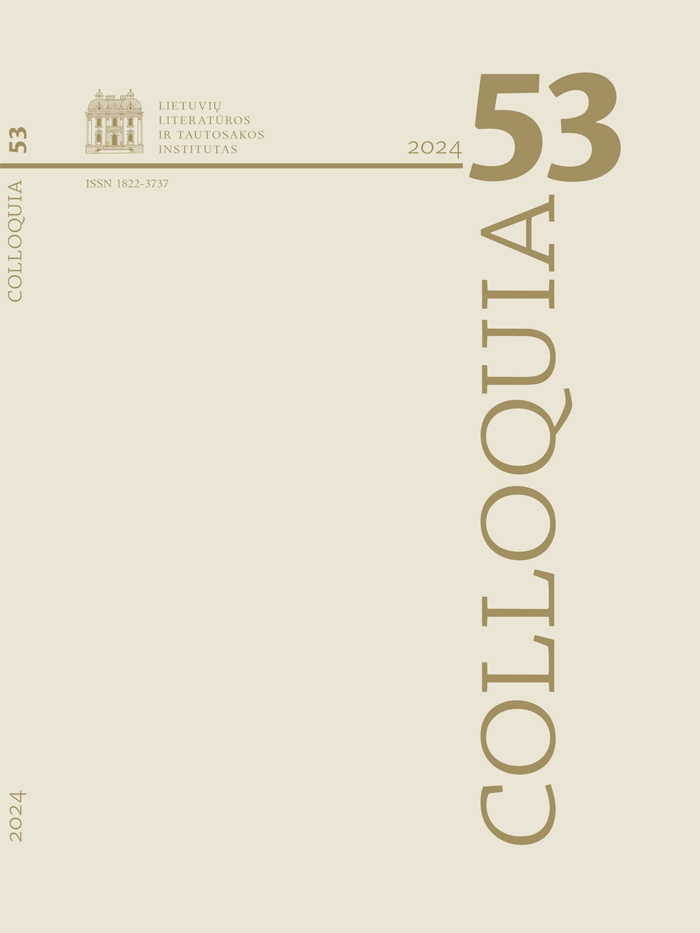Identity Politics and the Literary Canon: Sándor Márai’s Place in the Hungarian Literary Canon
Abstract
The paper examines the place of Sándor Márai (1900–1989) in the Hungarian literary canon, specifically, in the context of the discussion on the canon and national identity in the former Eastern Bloc countries after 1989. It draws on the understanding of the canon as a tool used to propagate a certain model of identity within a given society and shows how Márai’s work has been used in socio-political debates at different periods of his career and posthumously. The paper offers a historical perspective and analyses the different stages of Márai’s career: the path to recognition by critics and readers in the 1930s and 1940s, the period of the communist anti-Márai campaign, the period of exclusion from the literary canon, and the great comeback in the 1990s. The paper points to the main aspects that have affected Márai’s reception, and outlines the reasons behind the objections to his oeuvre. The analysis indicates the social, political and historical contexts that affect the different (re)interpretations of Márai’s work and his place in the canon. The paper concludes that, despite the writer’s posthumous literary comeback and international success, his place in the Hungarian literary canon has not been established yet; therefore, it is necessary to take a fresh approach to his work.

This work is licensed under a Creative Commons Attribution 4.0 International License.
Downloads
Most read articles in this journal
- Olga Bartosiewicz-Nikolaev, The Margins versus the Centre of the National Literary Canon: The Reception of ‘The Legend of Master Manole’ in Romanian Education , Colloquia: Vol. 53 (2024): Colloquia
- Gintarė Bernotienė, Gitana Vanagaitė, On the Conditions of Literature and Life. Conversation with Jūratė Sprindytė , Colloquia: Vol. 50 (2022): Colloquia
- Zalmen Szyk, Toyznt yor Vilne , Colloquia: Vol. 48 (2021)
- Viliam Nádaskay, Miroslav Válek: Three Stages of Canonicity , Colloquia: Vol. 53 (2024): Colloquia
- Maciej Bolesław Olszewski, The Noble Witch Reflected in Different Mirrors. The Transformation of the Motif of Veronika of Desenice in the Slovenian Cultural Canon , Colloquia: Vol. 53 (2024): Colloquia
- Natalija Arlauskaitė, The Concept of the Classic in Literature, Cinema, and Adaptations , Colloquia: Vol. 33 (2014)
- Dalia Satkauskytė, Sigitas Geda’s Anger and Other Demons , Colloquia: Vol. 50 (2022): Colloquia
- Antonela Marić, Ana Ćosić, From Post-Communist to Anti-Canon: The Rebels , Colloquia: Vol. 53 (2024): Colloquia
- Jochen Schimmang, The Tense Muscles of a Fanatic (Antanas Škėma, The White Shroud) , Colloquia: Vol. 38 (2017)
- Ramutė Dragenytė, Vincas Mykolaitis-Putinas’ Literary History: Narrative’s Methodological Singularities , Colloquia: Vol. 32 (2014)




